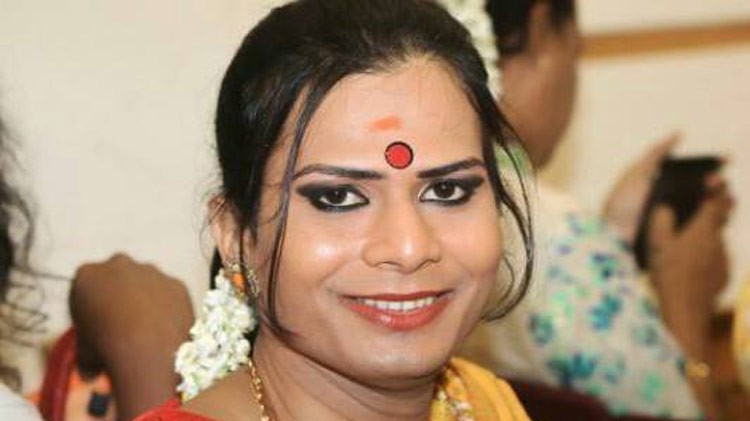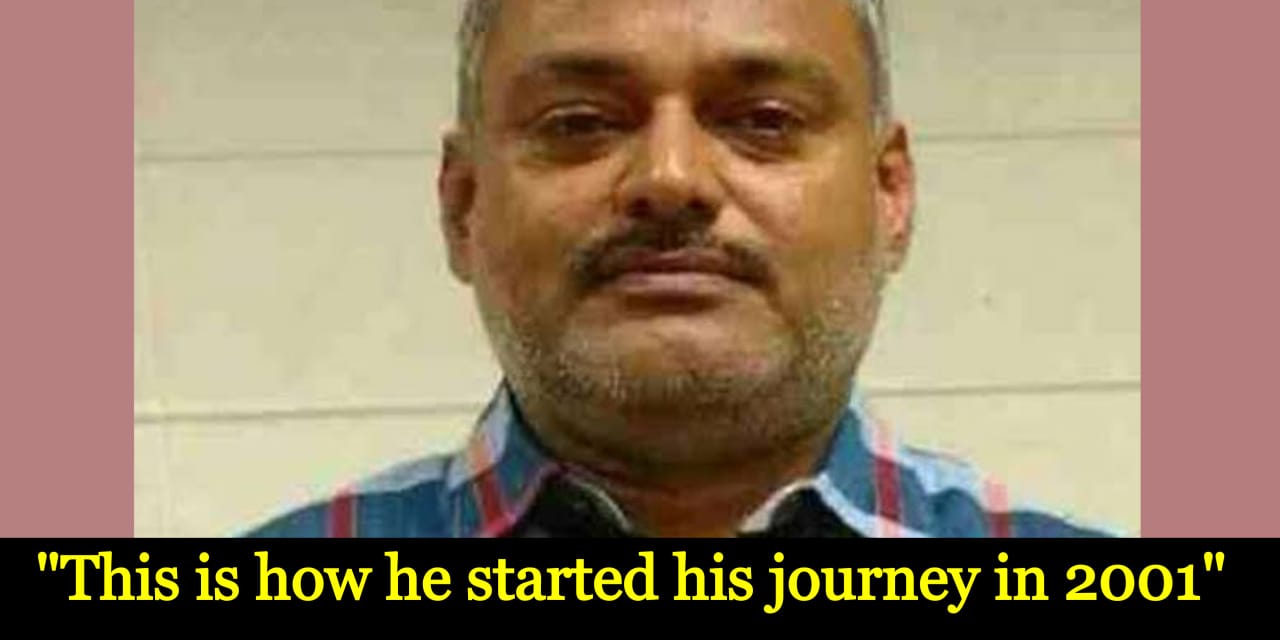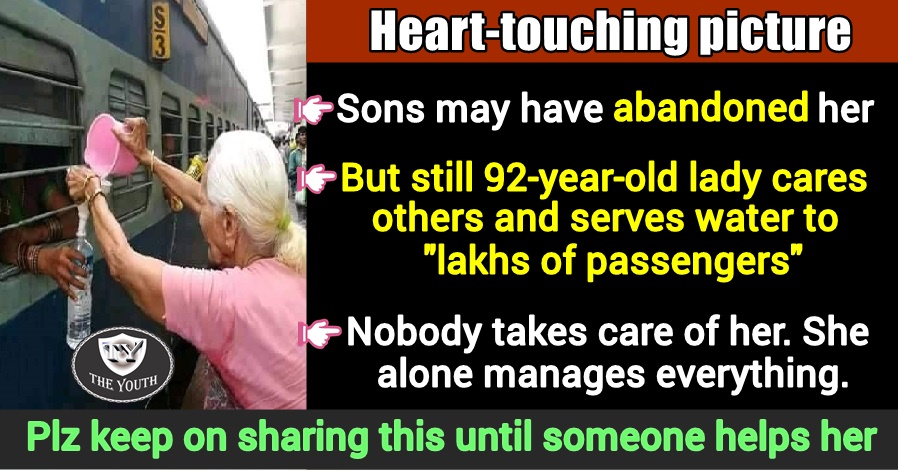No products in the cart.
Meet Joyita from West Bengal- she becomes India’s first Transgender Judge
She was abused, she suffered a lot of discrimination in her childhood for being a transgender, she had to force her way out of school and sleep at a bus stand and beg on the streets. All this happened to her and she didn’t go into a shell, usually cursing her fate. But today, Joyita Mondal is India’s first transgender judge. Let’s take a glimpse at her success story.
Now 31, Joyita was born ‘Joyonto’ (as a boy) in Kolkata. As she was unable to conform to the gender norms that was imposed on her, she then dropped out of school after class X.

Recalling that period, in an interview with Women’s eNews, she said, “I didn’t tell my family that I was unable to take the verbal bullying by other boys in my school.
I just told my mother I had got a job in Dinajpur, a neighbouring district in the state, and wanted to go there. I told her that I would come back in two months if things didn’t work out, and she consented.”
Nonetheless, Joyita came to Islampur in Uttar Dinajpur district and never returned. In the starting couple of years, besides attending functions as a hijra, she strived to work for the rights of trans people. As days progressed, she started working for the rights of everyone who are facing any kind of social discrimination.
At the same time, she also managed to complete her studies through correspondence and also got herself a degree in law. In the year 2010, she was the first trans person from her district itself to get a voter ID.
Joyita started her organisation identified as Dinajpur Notun Alo Society a few years ago, that is now reaching out to thousands of people who are in need of desperate help, care and attention in her district.
Despite all the accomplishments she has achieved so far, she had to sleep at a bus stand as hotels did not allow her to take rooms, in what is a heartbreaking memory.
Almost a decade after she left her house in Kolkata, Joyita was roped in as the judge of a Lok Adalat (civil court).
Talking to The New Indian Express, she said, “All governments want to appoint one person from a weaker community to a top post so that voices of others of the community are muffled. I would not let that happen.
Even if two-three per cent of transgenders in Islampur get dignified jobs, I would consider my appointment beneficial for my community. They would not have to work as sex workers for Rs 150–200 and can have a good sleep at night. Even now, as I move around in air-conditioned cars, my people beg during the day and work as sex workers at night.”












